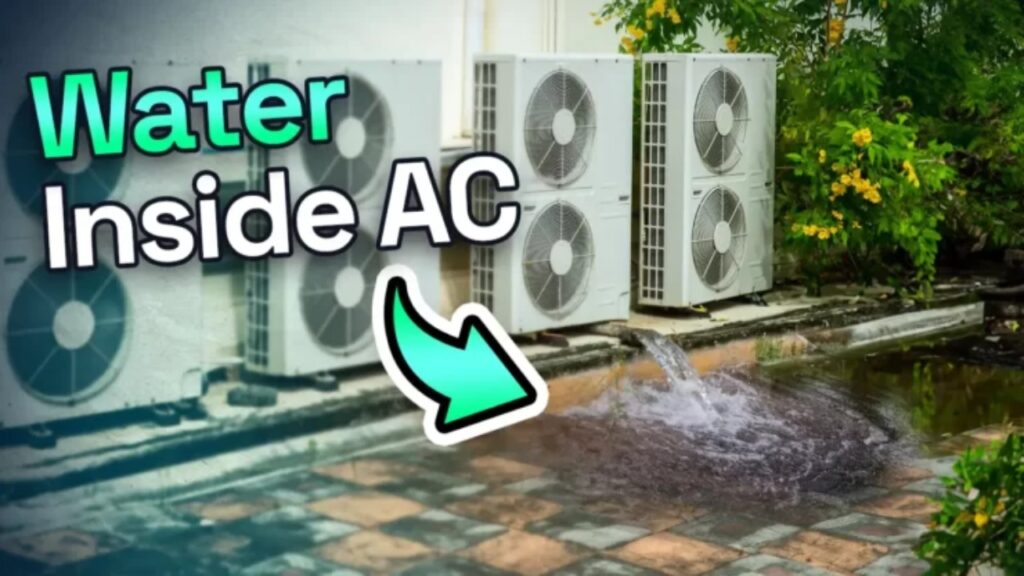Water from Your AC Is a Hidden Treasure—Here’s How You Can Use It.The rise of summer temperatures has necessitated reliance on air conditioners for most people. The cool air brings with it a left out lonely byproduct. The water drips from your AC which is often ignored and misused but a hidden gem for potential use everywhere. This byproduct is condensate and it has interesting applications in everyday life.
What is AC water?
This water from your AC is neither leakage nor waste rather it is moisture extracted from humid indoor air. Warm air flows over the cold evaporator coil, condensation takes place and the excess water is then channeled outside as AC water. This water is actually very similar to distilled water but is not sterile nor filtered as it tends to be a little more mineralized so it’s not for drinking. Nonetheless, it has many practical functions.
What Possible Uses Are There?
Just filter it before you use it to cleanse it off all dirt or other particles.
Are you wasting this source?
Now that you know how useful that can be. Maybe you should start collecting and reusing it in the smartest way ever.
1 Watering of plants:
Most gentle watering is possible via AC water for a majority and mainly on non-edibles. Though it lacks essential minerals in plant growth, it is good for occasional watering of indoor plants and gardens, especially in a very dry environment.
2 For cleaning surfaces:
This is good for house chores, like mopping floors, washing the windows, even cleaning your cars or patio furniture. Using AC water can really help you save on the water and hence reduce your utility bills.
3 For inverter batteries:
If you have inverters that use lead-acid batteries, you already know that they require distilled water. Minimal mineral content is one of the biggest advantages of AC condensate so that you could use it in place of that distilled water – just make sure it’s filtered first to remove any possible dust or contamin.
4.Flushing toilets and scrubbing bathrooms .
Store water in buckets or drums from the AC unit so that it can later be used for flushing toilets and deep cleaning bathrooms. The practice can reduce water use noticeably over time because it collects water on a larger scale.
Caution:
As useful as it might sound AC water should not be used for drinking, cooking purposes or personal hygiene. The coils where condensation forms can become active with molds, dust, and bacteria. Skin irritation or illness may happen whenever such water is used on the body or for food preparation. Use it wisely and for the right uses.



